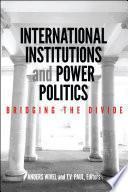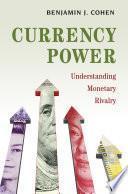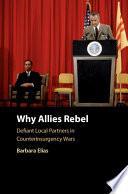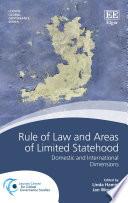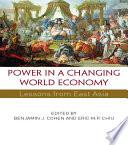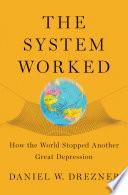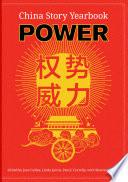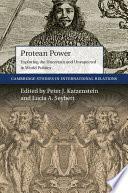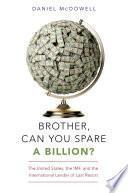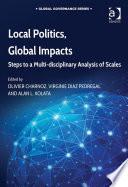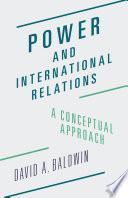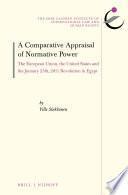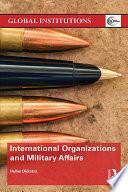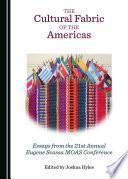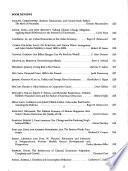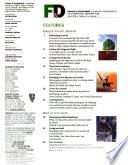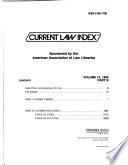
Back to Basics
Author: Martha Finnemore , Judith Goldstein
Number of pages: 384No scholar better exemplifies the intellectual challenges foisted on the Neorealist school of international relations than prominent scholar Stephen Krasner (Graham H. Stuart Professor of International Studies, the Senior Associate Dean for the Social Sciences, School of Humanities & Sciences, and Director of Policy Planning at the US State Department 2005-2007). Throughout his career he has wrestled with realism's promises and limitations. Krasner has always been a prominent defender of realism and the importance of power understood in material terms, whether military or economic. Yet realist frameworks rarely provided a complete explanation for outcomes, in Krasner's analyses, and much of his work involved understanding power's role in situations not well explained by realism. If states seek power, why do we see cooperation? If hegemony promotes cooperation why does cooperation continue in the face of America's decline? Do states actually pursue their national interests or do domestic structures and values derail the rational pursuit of material objectives? Krasner's explanations were as diverse as were the problems. They pushed, to use his phrase, "the limits of realism."...
